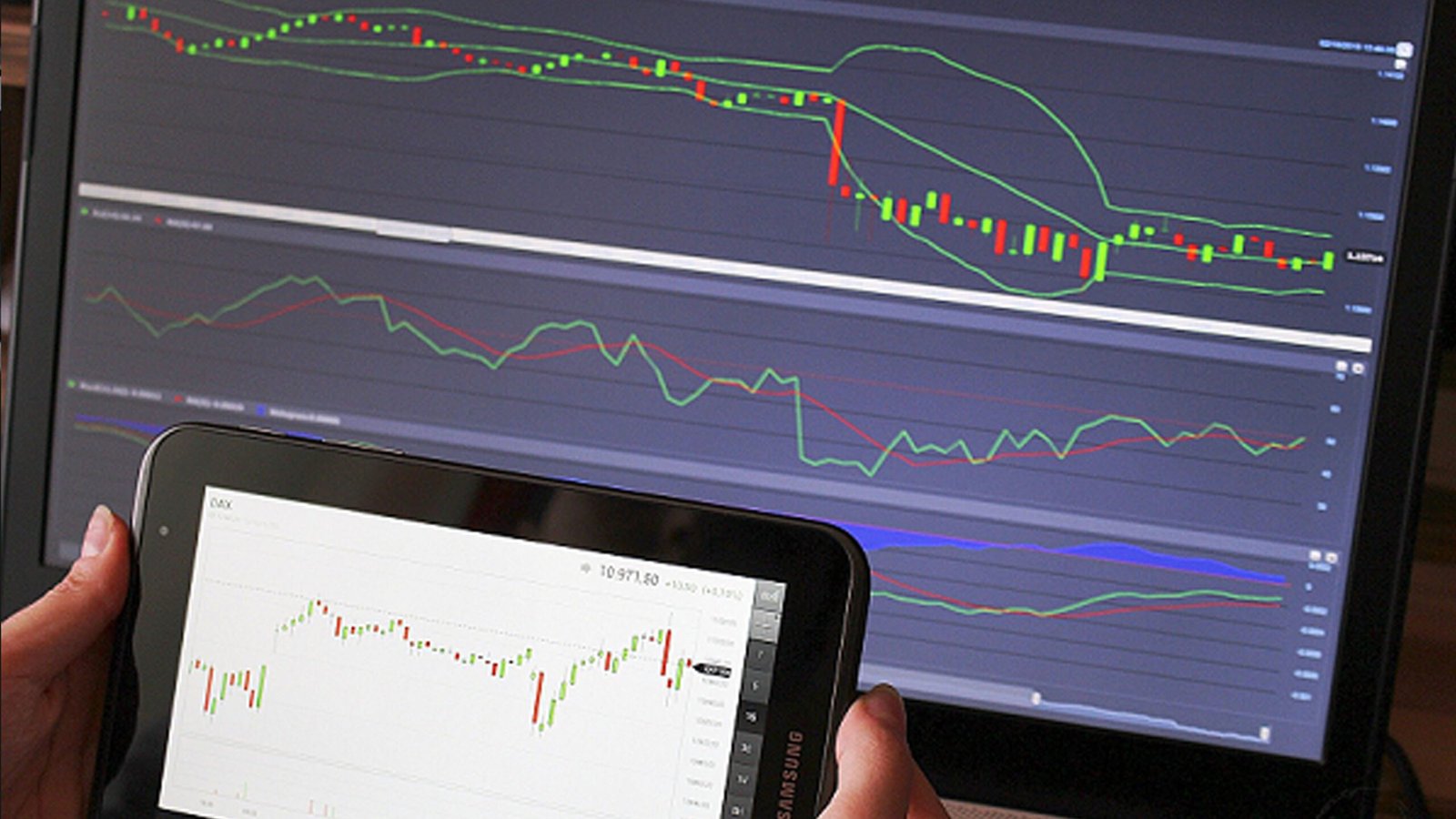Market Value of Equity

What is the value of equity?
The value of equity, also known as market capitalization, is the sum of the values that shareholders have made available to the company and can be calculated by multiplying the market value per share by the total number of shares outstanding. . This is very important for a business owner, especially when intending to sell their business, as it provides a good measure of what a business seller will receive once the debt is paid.
The market value of a company’s shares can be viewed as the total value of the company decided by investors. The market value of stocks can vary widely over a trading day, especially if there is important news such as earnings. Large companies tend to be more stable in terms of the market value of their stocks due to the number and diversity of investors they have. Small, low-cost companies can easily see double-digit changes in the market value of their stocks due to a relatively small number of transactions pushing the stock higher or lower. This is also why small businesses can be subject to market manipulation.
The difference between the market value of equity, company value and book value
The market value of equity can be compared to other valuations such as book value and company value. The market value of a business incorporates its market value of equity into the equation along with total debt minus cash and the like to give a rough idea of the acquisition valuation of a business.
The market value of equity is also separate from the book value of equity. The book value of equity is based on equity, which is a component of the company’s balance sheet. The market value of a company’s equity differs from its book value of equity because the book value of equity focuses on assets held and liabilities owed. It is generally believed that the market value of equity lends part of the growth potential of the business beyond its current balance sheet. However, if the book value is higher than the equity market value, it may be due to market watch. This means that the company is a potential purchase of value
Equity value is more useful to the seller of a business than to an investor. Let’s see this in detail.
Let’s say Mr A has a business he wants to sell. He is now worried about the valuation of the company. One day, while looking for buyers for his business, Mr A received a proposal from Mr B. Mr B told him that he would buy Mr A. The activity of A has a certain valuation. Mr A returned home and reflected on the note Mr B. had given to Mr A. A said he had taken out loans for his business, which have not yet been fully paid. Mr B said he would then pay the same value as he had calculated; however, Mr A will only receive the money once the debt is paid. And that’s the “market value of equity” in the proper sense.
Now let’s get this in numbers. Mr B said he would pay US $ 10 million for Mr A’s business before knowing that Mr A must always pay a debt. A said the remaining debt is US $ 2 million. So, Mr B agreed to pay Mr A US $ 10 million for the business, but that would include the unpaid debt. This means that Mr A. A would only get US $ 8 million. Here, US $ 10 million represents the value of the company and US $ 8 million represents the value of the stock market.
Interpretation
Stock Market Value and Market Profile
In general, there are three different levels of market capitalization and each level has its own profile. Companies with a market capitalization of less than $ 2 billion are considered small caps or small caps. Companies with a market capitalization between $ 2 billion and $ 10 billion in market capitalization are considered mid-cap stocks. Companies with a market capitalization greater than $ 10 billion are considered to be large cap or large cap.
Each level has a profile that can help investors better understand company behavior. Small-cap companies are generally young companies in the development phase.They are risky, but have higher growth potential. Large cap companies are mature companies; they may not offer the same growth potential, but they can offer stability. Midcaps offer a hybrid of the two. By owning stocks in each category, investors ensure some diversification in assets, sales, maturity, management, growth rate, growth prospects and market depth.
Ultimately, it can be said that equity is the best method if a business owner wants to know how much he would get from the sale of his business. From an investor’s perspective, the value of the business is the account.





